[VIDEO] How Do We Preserve Our Community’s Future? | {THE AND} Gary & Victoria
![[VIDEO] How Do We Preserve Our Community’s Future? | {THE AND} Gary & Victoria](http://shop.theskindeep.com/cdn/shop/articles/YT_AS_VictoriaGary_jan05.png?v=1643405119&width=1600)
About This Video
As members of the Gullah Geechee in St. Helena Island and of the Baháʼí Faith, Victoria (she/her) and her mentor and friend Gary (he/him) know a thing or two about the strength of communities. The friends talk about their communities today -- and how these groups band together to raise children and help each other in times of need, as well as how they see the Gullah community adapting and changing in the future. Victoria will be featured three more times during our {THE AND} St. Helena Island sessions. Watch her videos as they're released here: https://www.youtube.com/playlist?list...
We'd like to thank Victoria and Sancho for participating openly & vulnerably in our project. We appreciate what they've shared with us and hope you do as well.
Subscribe to The Skin Deep
Get you digital dose of humanity by signing up for our newsletter and joining our community: http://www.theskindeep.com/subscribe
See Transcript Below:
- It drives me
absolutely mad
when I hear the younger
people using the N-word
all the time.
And to them, it means nothing,
which means they don't know that
these people,
the Gullah people, the real Gullah people,
what they did, what
they went through.
They don't realize the name calling.
They don't realize the dogs being set upon.
They don't, on on, on them.
They don't realize that
they worked in the field
for hours and hours brutalized.
and they will call that name.
So that name, the N-word
is synonymous with pain.
With a lot, a lot of pain,
you know?
And if they realize that, then they wouldn't
use it at all.
- Can I ask you?
Was that word ever used against you?
- Oh, yeah.
- Yeah? - Yeah, yeah.
I'm sorry.
Yeah, so that's why
I’m sensitive about that.
- Yeah.
- When I see other people,
you don't know anything about it.
You don't know anything
about what, when you're walking down
the street and hear the name yelled at you,
you know, you don't know those things.
But it was nothing compared
to what happened to my mother,
and her mother and their families.
And it's nothing
but I never use the word.
Never.
Okay.
So I read it out?
- Yes. Read it out loud.
What was your first impression of me
that you never told me?
- Oh yes.
So I remember fondly
about this Baha'i gathering
that was taking place here.
And you were singing.
Did you sing in here? - Yes, I did.
You remember well! - You were standing,
your voice was so,
🎵 Come and go with me. 🎵
I don't know if it was Come and Go with Me.
- No, it was— - Different song.
- It was a song that your father used to sing.
- Yeah. - It's called Tramping.
- Thank you.
- And it goes, 🎵 I'm tramping,
tramping, trying to make heaven
my home... 🎵
Yes. - 🎵 Tramping.
- Yeah, 🎵 Tramping, (both) trying to make
my home! 🎵
Yeah! - Yeah.
So these are the stories that I've never told you
about your voice enveloping
reverberating in this hall, Frissell.
And then that I carry you
every day at my home.
You're in my home every day.
- Wow. You know, this place
outside there is...
I was showing
the very place
that I had decided
that I wanted to
become a Baha’i and devote my life to—
- Or announce
that you are a Baha'i because you were
probably already a Baha’i before.
- Well, yeah, I didn't announce.
I said to your sister, actually,
she was sitting next to me
and I said to her, ____
I would like to be Baha’i, because this spirit was so,
because even though ____ was sitting there,
it was like
someone else was sitting there.
- Yeah?
- And I said I wanted to be Baha’i.
I've never really told anyone this story,
but something said to me... - You were speaking to spirit.
- Yeah.
And something said to me,
“You know, you want this.” - Wow.
- And then that's when I said to her,
I want to be Baha’i.
I want the chance, yes.
- Wow!
OK, it's your turn,
and I'm trying not to be a crybaby.
- Yeah, me too,
because that's very special.
All right. Are we ready?
- I think so.
- How do you describe
your community to those
who aren't a part of it?
So we have two communities, actually.
I feel.
we have our Gullah community,
St Helena Island Community.
- Yeah.
- and then we have our religious
Baha'i faith community.
- Right.
- When it comes to the St Helena Island
Gullah community,
I talk about how you first fall in love
with the landscape and the waterways.
And then you fall in love
with the people,
because I think about my father, my mother,
I think about you.
I think about how...
people fall in love
with the people here
and the spirit that they have.
Yeah, that is even more beautiful than the landscape.
Yeah. Yeah, that's yeah.
I've got to tell you that spirit
living in Australia
for 20, around 23 years,
and then I come back here.
The one thing I noticed.
With people kept
saying hi to me.
And I kept thinking,
why are they saying hi to me?
They're saying, “Hello,
how are you, brother?
How are you?”
Why are they saying hi to me?
Because I'm not used to it in a city type life,
life, metropolitan life?
And then I got into it.
Look, this is the type of life that you want to live.
This is where people say hello.
They recognize.
They acknowledge you.
- Your presence. - Your presence, yeah.
And then I started to say, Hi.
- Yeah.
- You know, and everyone says hello.
And then I became a part,
and I think that is part of
Gullah. - It is.
- I think that’s Gullah. - It is.
It is.
We, we recognize that, you know, someone is a cumya
- Yeah.
- Or someone is a binya. - A binya.
- Yes, a binya.
And we recognize when someone
is not from the community, cumya.
- Right, right.
And but then we we don't want them
to feel like a cumya.
We want them to feel at home.
Yeah, I think, yeah. - Yeah.
- And that, hi, hello,
is is that way of us
extending that, that that
handsh— that, that connection.
OK. What do we lose if our
community ceases to exist?
What do we lose?
Our community— - We lose everything.
We lose love, we lose caring.
We lose the sense of family,
in the sense that
it takes a village to raise a child.
- Yeah.
- You know?
- And I’ve seen that.
You've seen that and some of the villages,
hamlets, the places that you've been.
- Oh yes,
Bannawa too,
Solomon Islands, Fiji.
Yeah.
- And you’ve seen the village taking care of
and raising the children.
I saw that in Sierra Leone.
- Yeah.
- And the thing is that you see
that here on St Helena Island.
Well, you did. You did.
I remember when my father
would get crops out of the field, our field,
or if we would go to water in the river
to get some, some fish or whatever.
- Yeah, yeah.
- We would clean the fish.
We get the heart with the crops,
we'd bag them up.
And then he put us in the way back in the station wagon.
You remember the station wagon?
- I remember that.
It was an old station wagon!
- It was, and we’d go in the way back,
and also the fish
and the crops and the, you know, the harvest.
And he'd go around the elders in the community
and drop a bag off, knock on the door.
Drop it off.
- Wow. Yes.
- Yeah. - I remember.
- Take it because they couldn't
go on the field no more.
And he would take it,
and he would take us in tow,
he would take us with him.
And we’d get to see that example.
And I had that happen for me
when my son Julian died.
- Yeah.
I was at home, you know, in a way
of grieving and
someone had left a basket
of tomatoes,
cucumber, bell pepper,
yam, all of this stuff.
And I was like— No note. No note.
Just thinking about you just leaving there,
just knowing that I may not be able
to go out to the grocery store
because I’d just fall apart in a grocery store.
It's just a sense of community that we have.
So when we don't have that,
all of that is lost,
ceases to exist.
The love? - Yeah.
- You said?
- That kindness,
just kindness.
- The caring for one another.
- Yeah, yeah.
You know, look, I tell you this, the other day,
one of the kids in, uh,
I call it Scott Village.
- Scott Village. - Yeah.
He had done something, you know,
and I knew about it.
It's kind of family’s, um... - Situation?
- So I called him on it
and I said, “Come here,”
you know? And...
I asked him why he did that,
you know, those basic questions
to try to get an answer, so maybe
I can help in some way to explain
you don't do this.
- Right. - You know?
But I ended up by acting like a father.
You know, I said, Look, you don't do that.
And if I see you doing that again,
you know, I will go in the bush
and get one of those sticks.
Switch, like my mother used to do.
And I will whip you with it
if you do that again.
- Ohh.
- You know, so then I felt...
Like King Kong, sort of.
I did my part as...
- To correct.
- To correct, yeah.
as a part of the village.
- Yeah, I saw that in Sierra Leone.
When we went
and came into different villages there,
the children were running
around really, really free
and happy and getting ready
to welcome us as guests
into their home.
And some of the people that were with me
were like, “Oh, where are their parents?
Why are they just running around?” I said,
“All of them are their parents.”
So yeah, just taking the whole village to, to...
- Well, you see also what happened is this kid,
and I'm sure like you, you know,
they recognize actually that
someone cared about them.
- Yeah, to correct.
- And they like that.
- Yeah. - Oh, OK.
I don't like the the, the
what would be the punishment...
- Right.
- But I like the fact that someone cares
about me to say, “Alright, you do that again.
Here is going to be the results.”
- The consequences. - The consequences.
- Yeah, because we have consequences in every choice.
- Yeah. Yes.
- Oh. - Ohhh.
- In your lifetime,
how have you seen
your community change
for the better?
In your lifetime.
Have you seen your community
change for the better?
I know there's been a lot of changes
that have not been...
- Yeah, and unfortunately, that's...
What I'm thinking.
- Yeah, I can, I could feel that
I can feel that.
- And this is why I'm thinking,
I said to myself, Gary.
With whatever little knowledge you have,
you have to come back
and share that.
Look.
If nothing else,
my life will be fulfilled
by being able to serve.
You know, serve the community.
- It's your turn, Gary.
- It's my turn. Wow, this is neat.
I love this.
All right.
What do you hope
will be our legacy
and what still needs to happen
to make it so?
- Oh, I love that.
I'm speaking from a
Gullah Geechee perspective,
and our legacy is just...
not some... taking what we...
have... - Right.
- What we have learned from our elders,
the wisdom, the education,
their experience
and transforming that into...
what that means to us today,
and helping to... to... to...
keep it for future generations
and then also so that they can...
transform Gullah Geechee
into what it means to them individually.
Because what Gullah Geechee is to them,
to their grand— for their elders,
their grandparents and their ancestors,
is not what it looks like for them today.
So how is it that they can take
some of the wisdom there?
That legacy, that that history,
that experience...
Having that, holding it,
keeping it,
having as a foundation, and...
using it for their future generations.
- I agree with you so much,
because it's...
The older folks, the ones who passed on,
they had wisdom.
They had very— - Oh, most definitely.
They were here.
They're the reason why we're here today.
- Yeah, yeah yeah!
- They're the survivors of the survivors,
of the survivors... of the survivors,
and are who we are today.
We're survivors
of being captured,
captured and put in slave
fortresses and survivors of the half
of the people that made it across the Middle Passage.
And also then the survivors of
hundreds of years of enslavement,
Reconstruction, civil rights... today!
and we try to hold on today.
Why am I in your life?
- It is the will of almighty God.
- I love you, Gary.
- I love you, too.
- And I'm going to say what I said to my son,
I love you in this world
and all the worlds to come.
- Thank you.
Thank you very much, and the same here.
Much love. Wow.




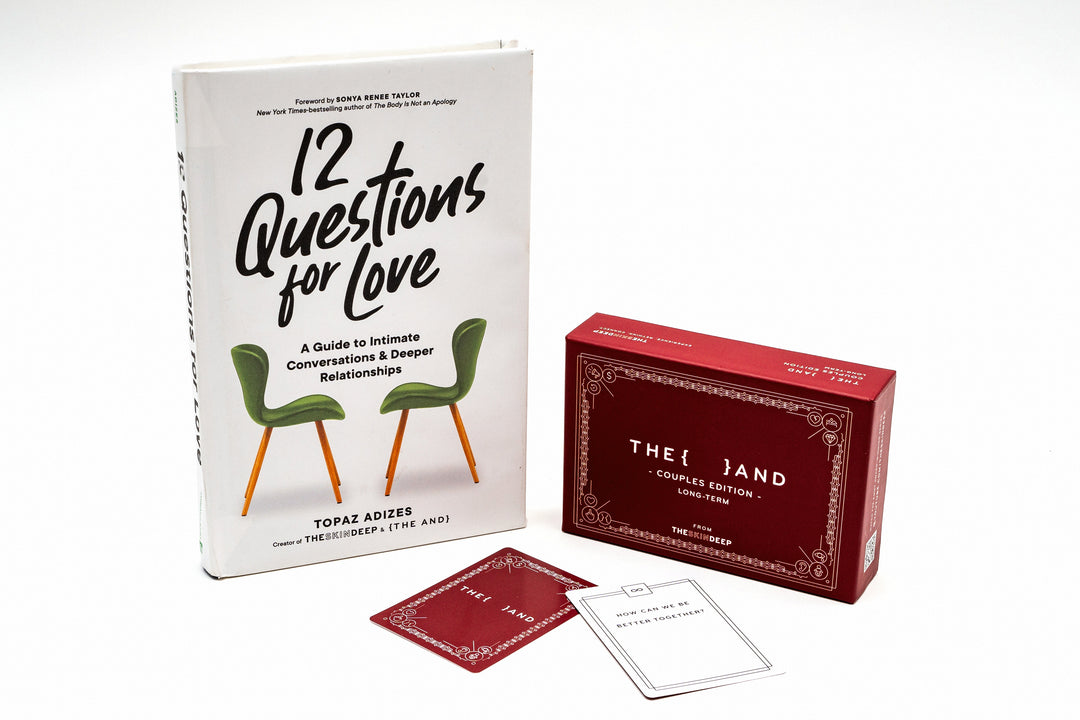
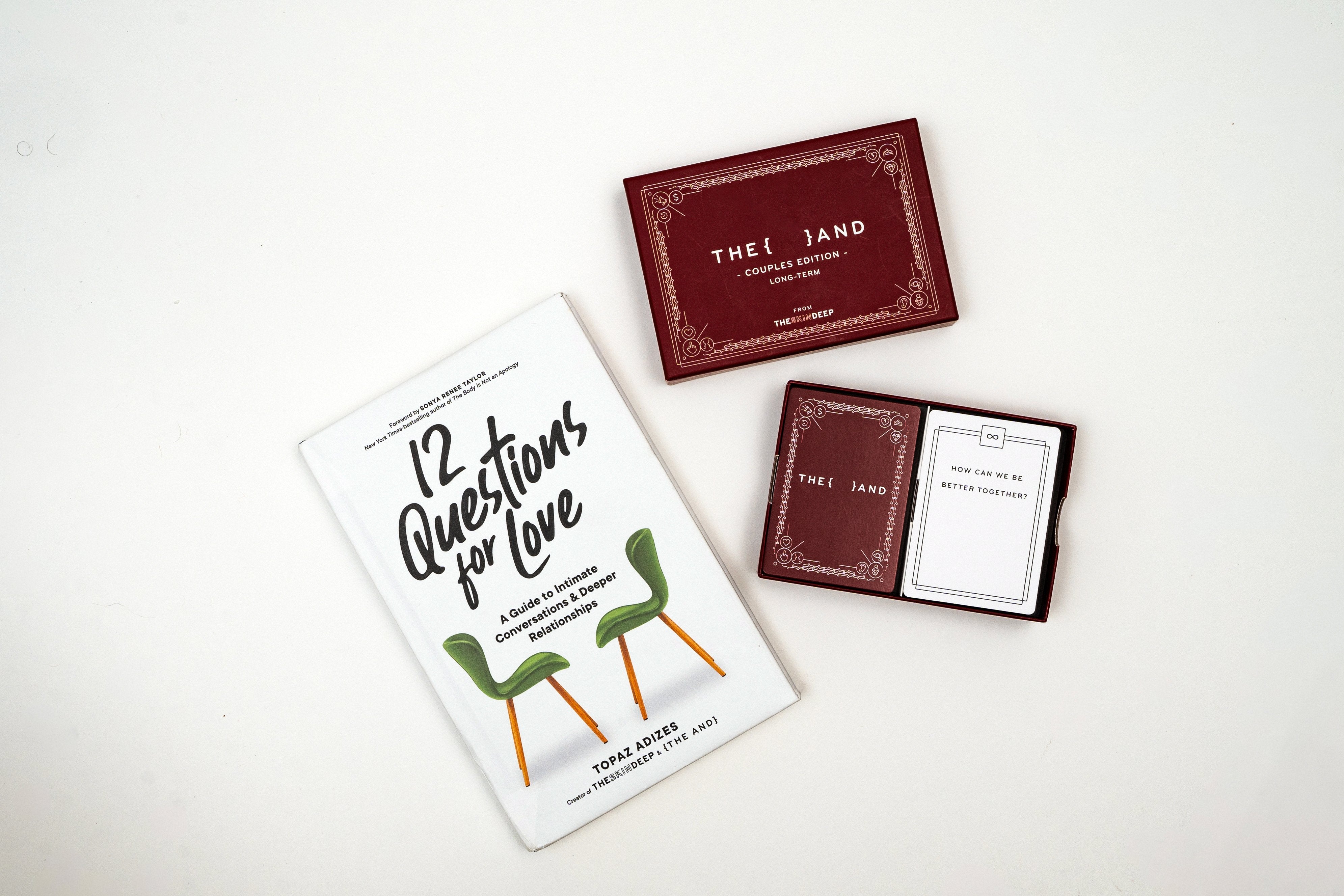
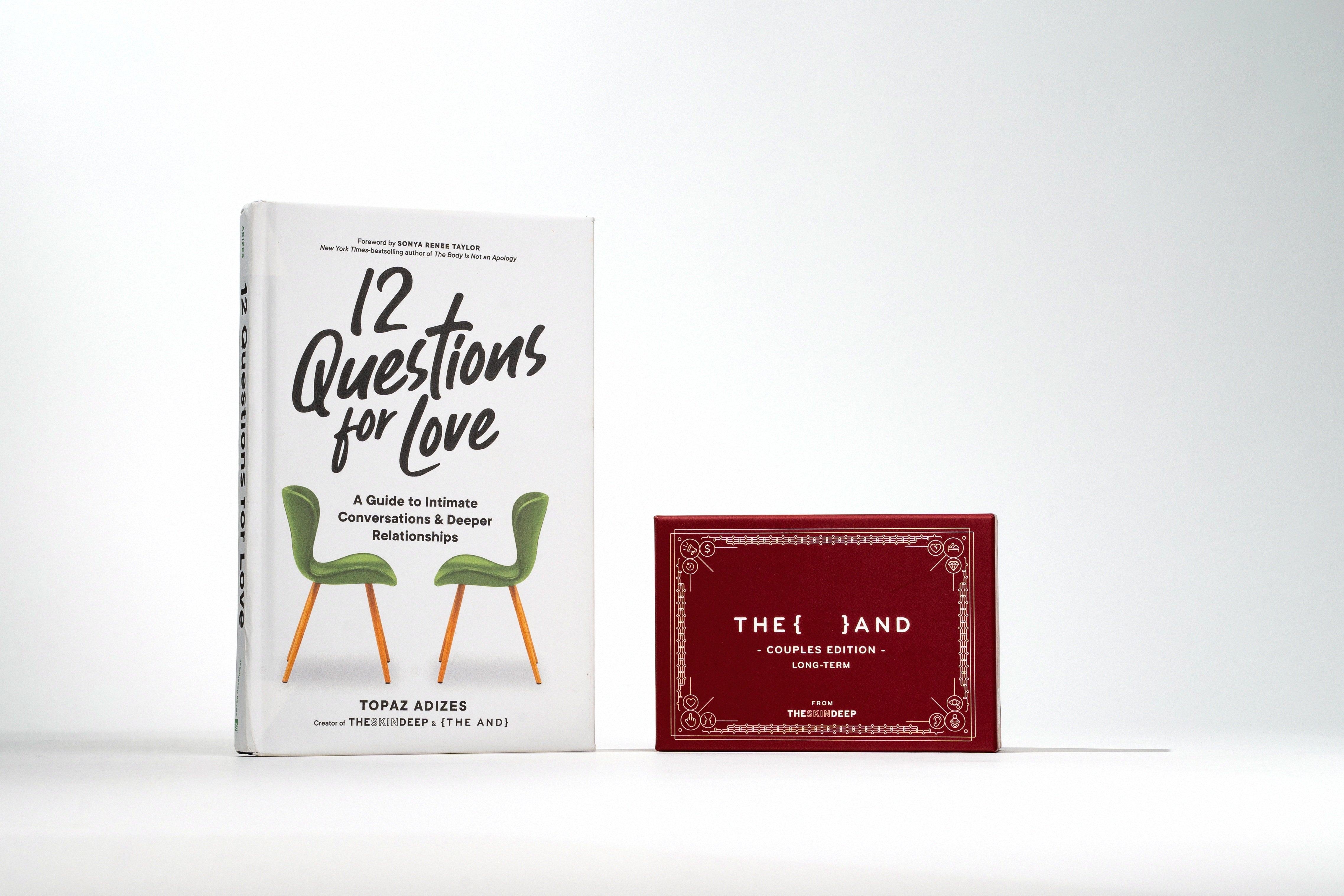
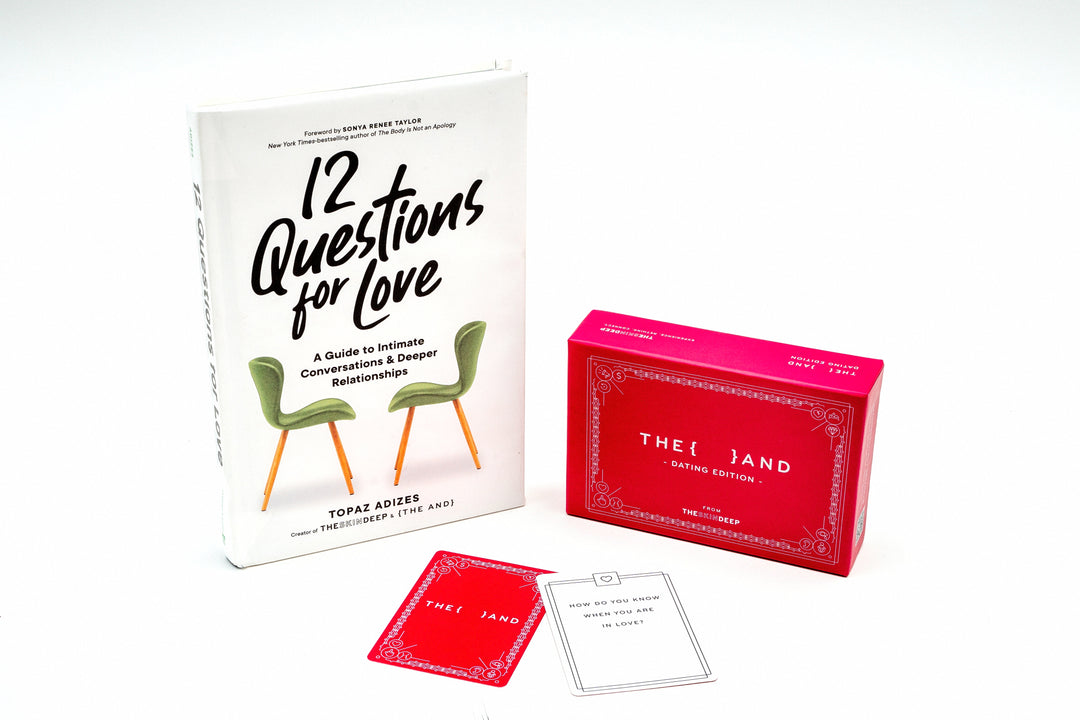
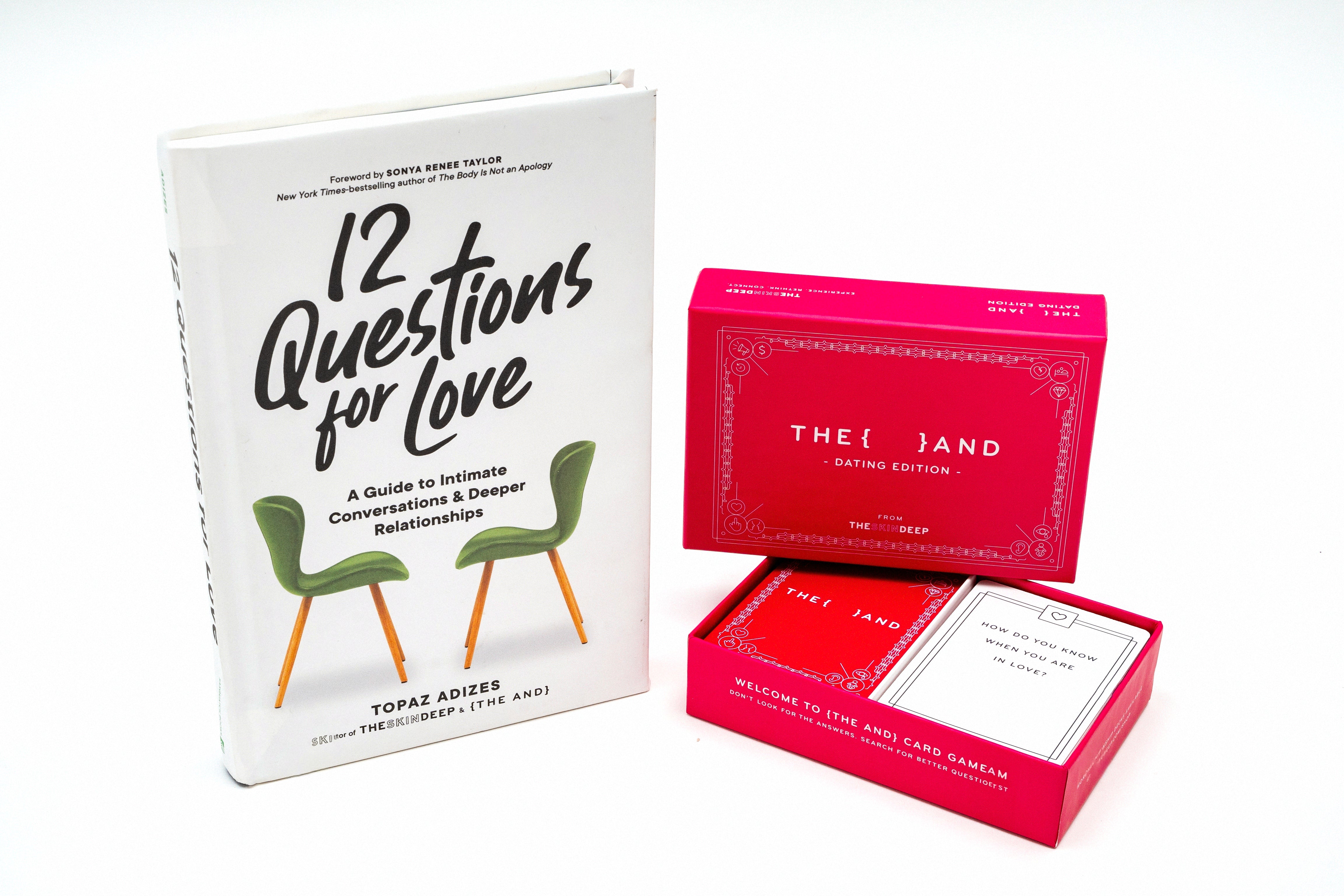
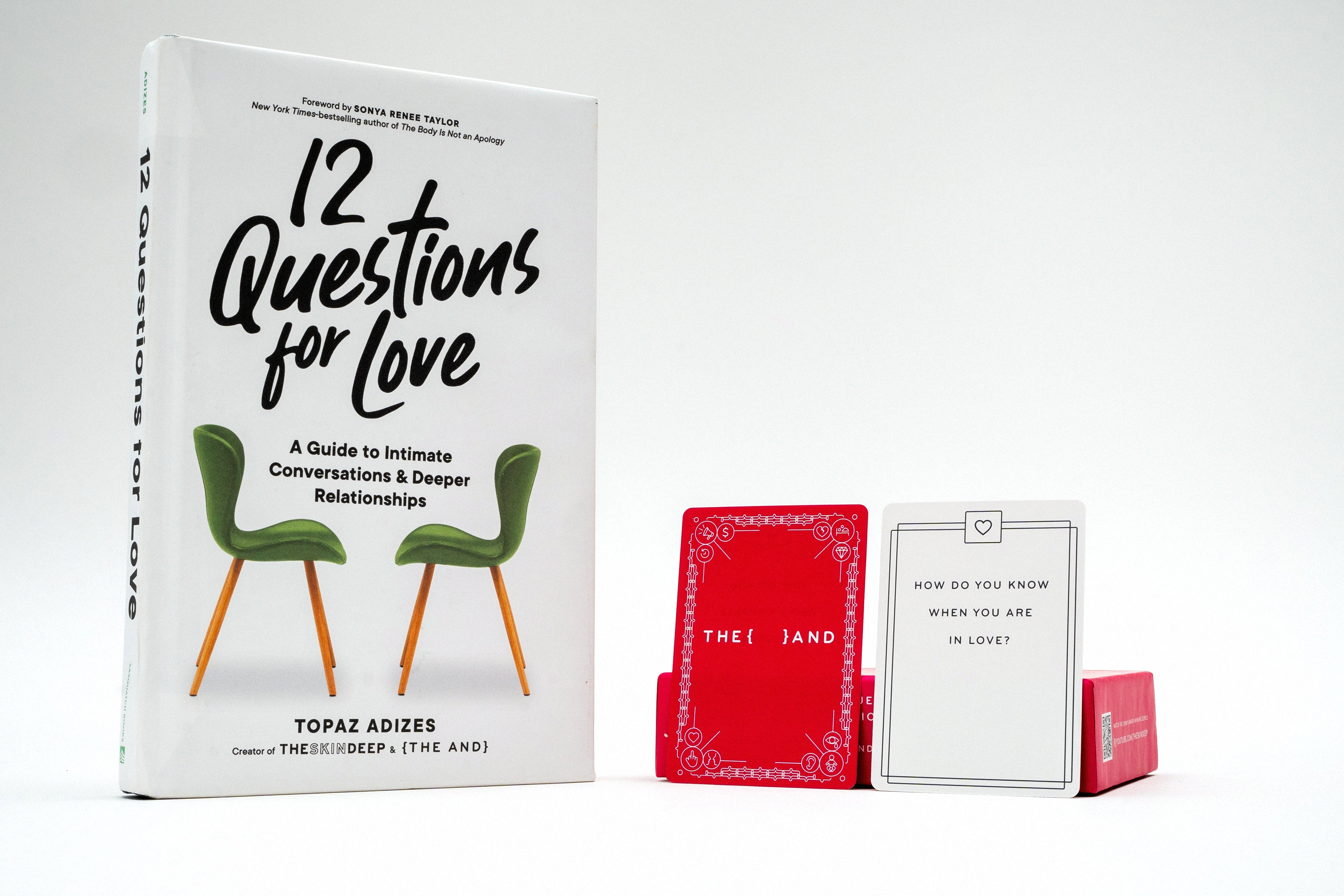
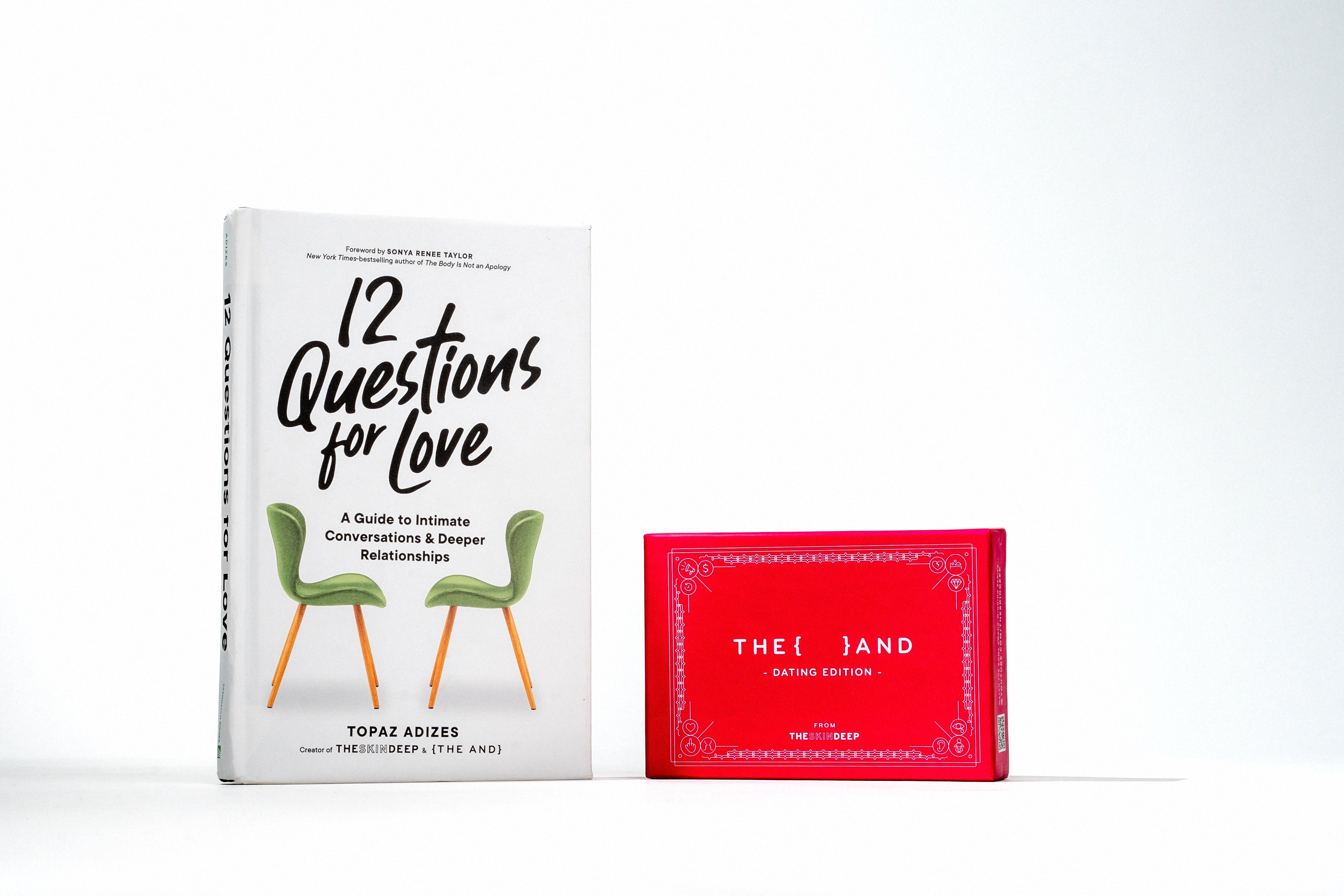
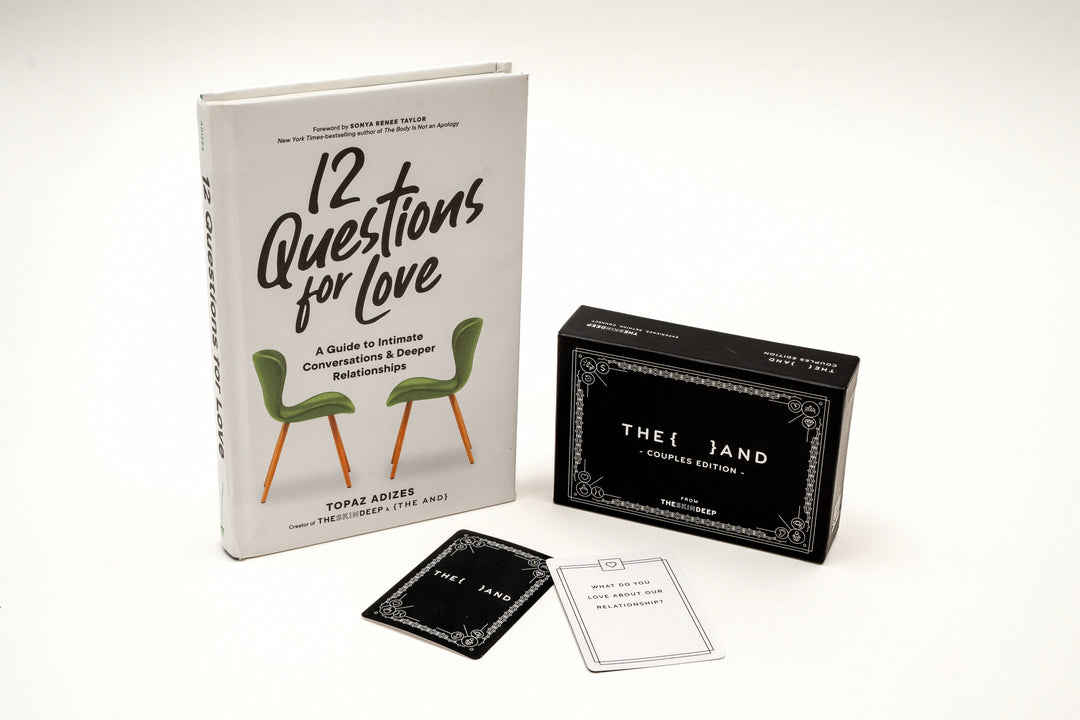
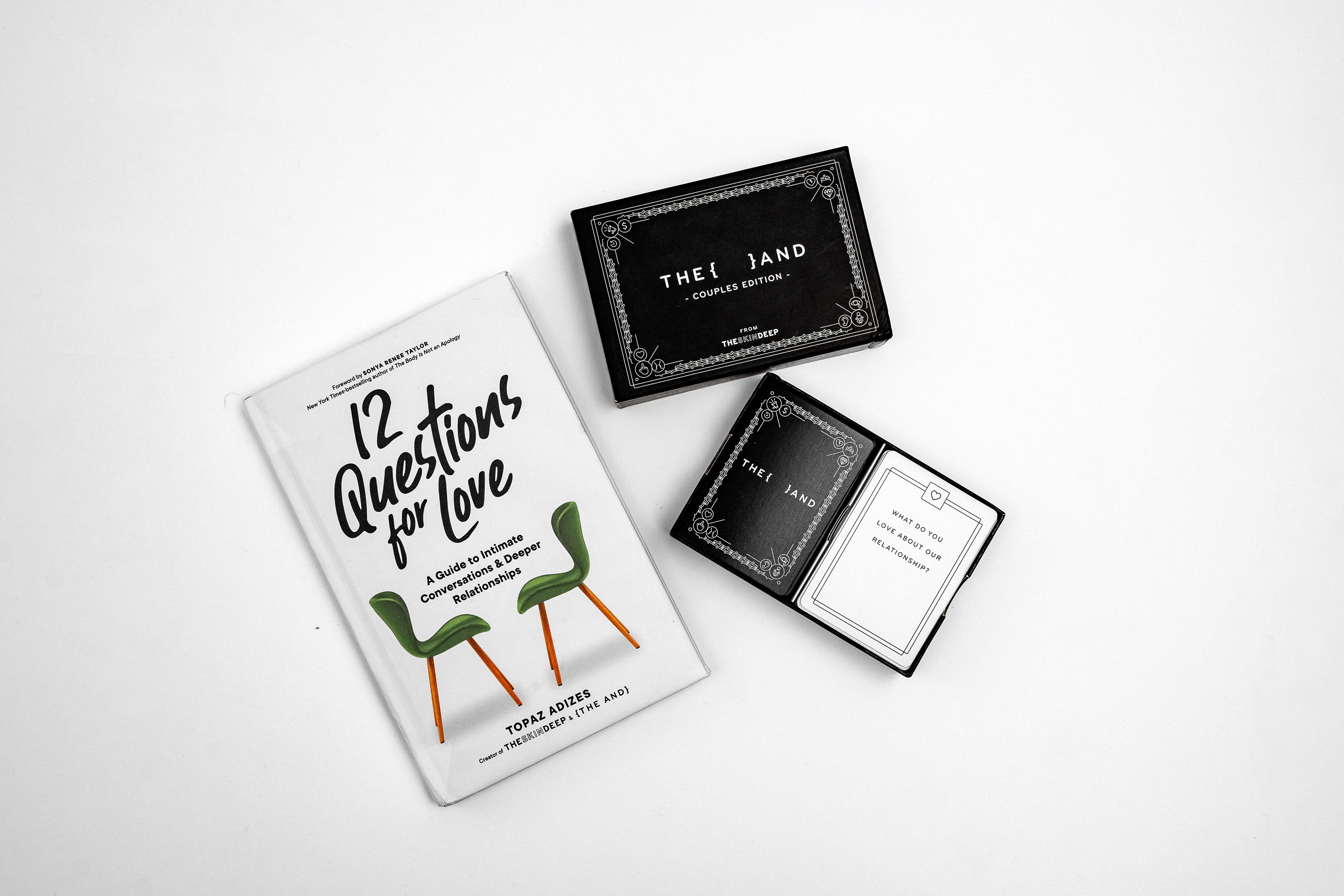
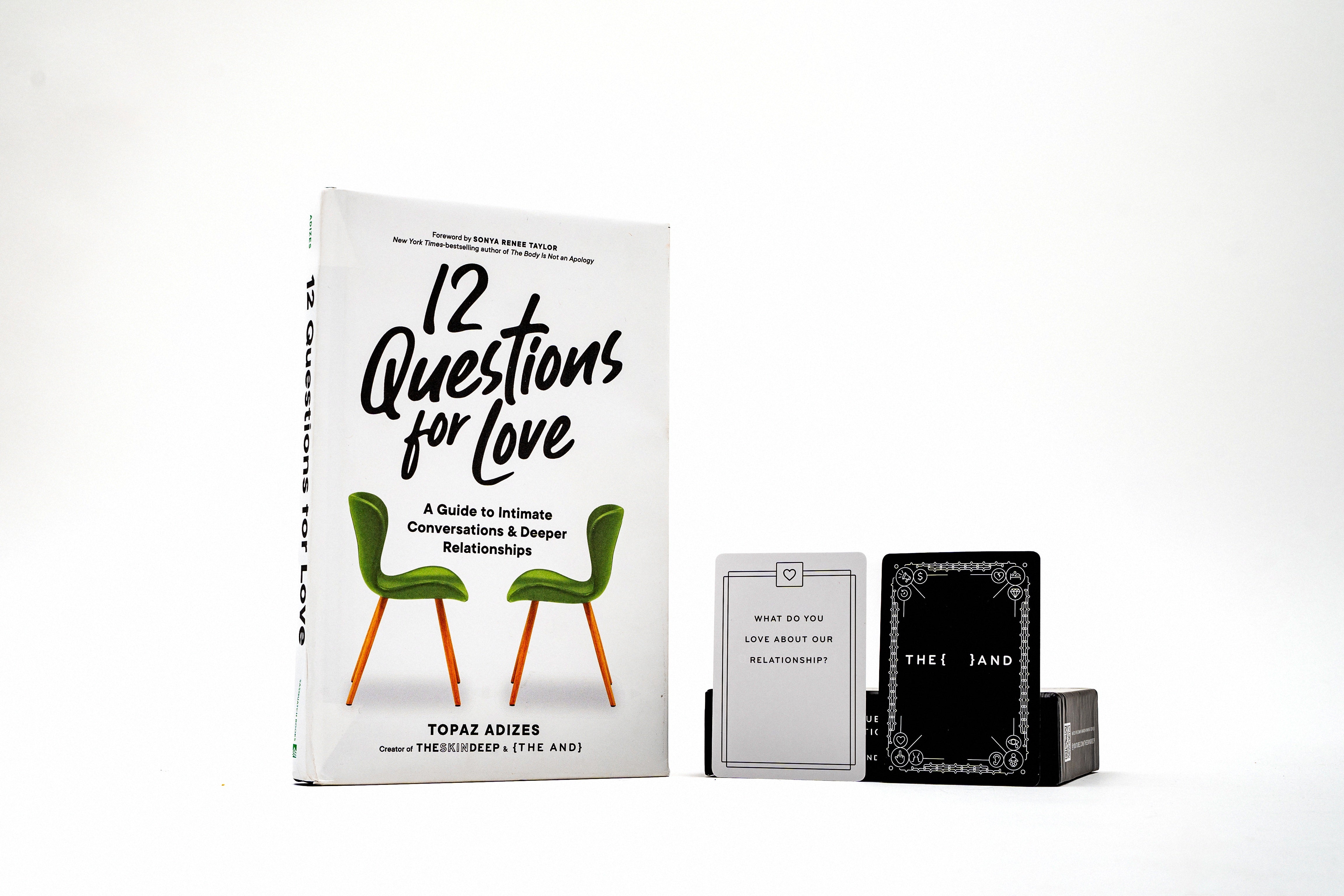
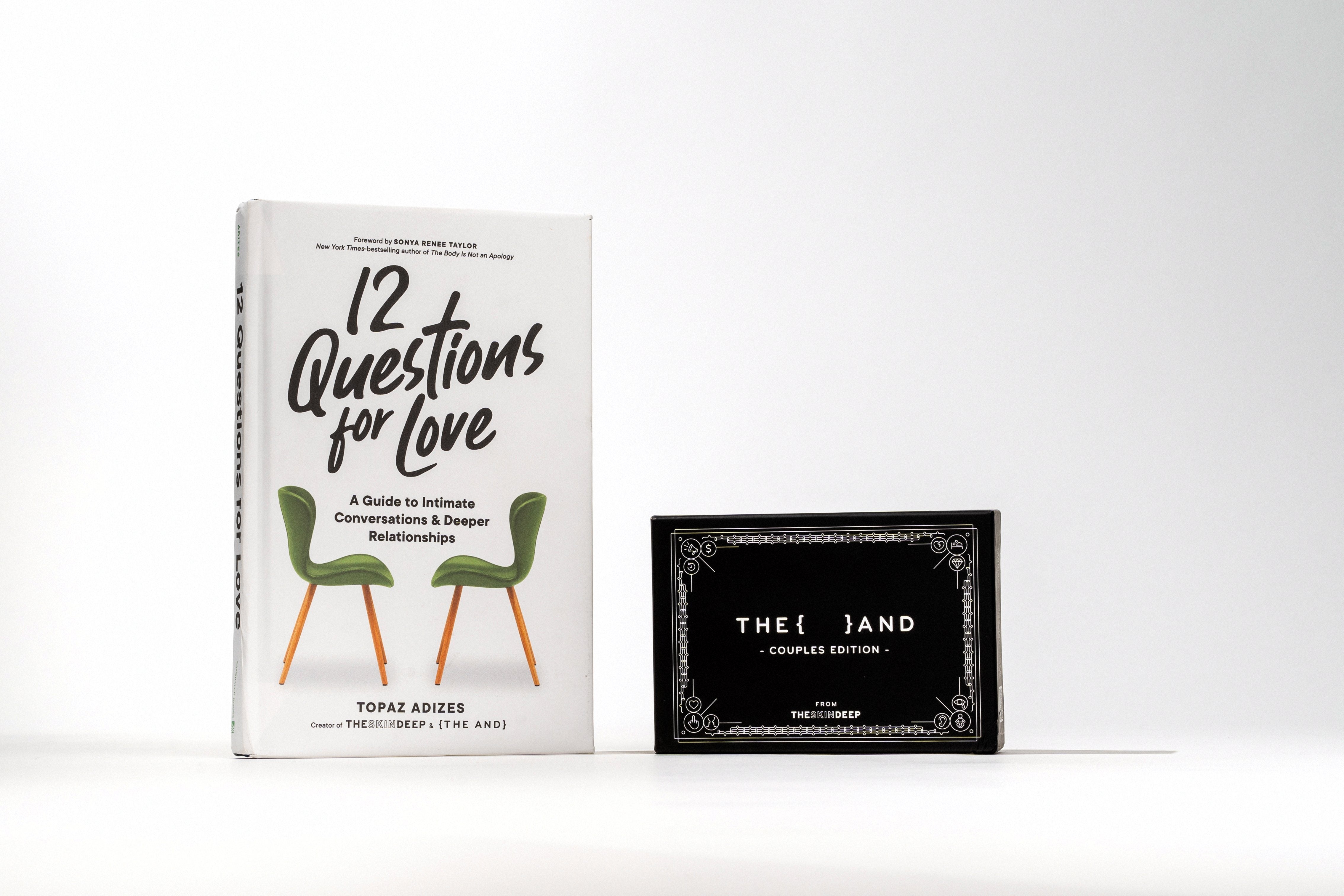
Leave a comment